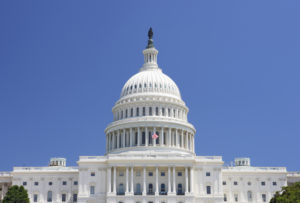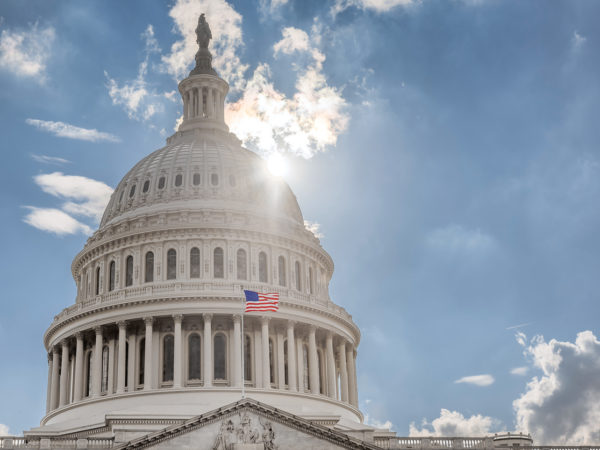
What would happen if we moved parts of the government elsewhere?
One of the most recognizable quotes from the 2016 presidential election was Donald Trump’s “drain the swamp”. Short on details, but long on rhetorical value, it offered his fans a promise they could hold on to and pundits something to discuss ad infinitum, wondering exactly how this idea would function.
A year and a half later, it’s questionable how much real work has been done in this regard. Yet the concept took hold for a reason—across the country, Americans perceive the federal government as being too corrupt and out of touch with most of their interests to be effective at running the nation as a whole. “How can someone in Washington know what it’s like to live in my hometown?” they say. “How can they know what we need?”
They’re good questions, but often answered poorly, with the blame frequently placed on money, or failure to adhere to the Bill of Rights or some moral failing on the part of politicians in general. Certainly money is a factor; likewise, while many people enter politics with the best intentions, they don’t always understand the law as well as we’d like, and there will always be dirty politicians playing the system for their own benefit.
There may, however, be a simpler answer.
What if the reason Washington can’t adapt to the needs of the nation is that everyone in the federal government is in Washington? With that in mind, what would happen if we moved parts of the government elsewhere?
At a glance, the idea looks strange. Isn’t the government supposed to be in one place? If you move too much of it away from that place, would it even be the federal government anymore? For most of the nation’s history, there would have been truth to that concern. However, in this age of instant worldwide communication and the ability to physically cross the continental U.S. in six hours, we can put offices and agencies overseen by the federal government almost anywhere within our borders and never have to worry about them being disconnected or out of the loop.
Of course, moving any amount of the government’s functions out of Washington requires some serious effort, so it needs to be worth that effort. What, then, are the arguments in favor of such a change?
The first argument is the natural decline in government corruption that would follow such a dispersal of federal agencies. The key thing to remember about corruption is that it works best without a paper trail. In this age of endless oversight and computer servers full of the most minor data points regarding our movements and communications, corruption is most possible when the people involved are in closest proximity to each other. The minimum effect of moving federal agencies around the country would be to make corrupt activity more difficult to partake in without leaving traces that law enforcement could later piece together, if necessary.
More importantly, moving federal agencies to other parts of the country will save taxpayer money. It hardly matters where the agencies are moved, either. According to the 2016 Census, the Washington Metropolitan Area (including southern Maryland and Northern Virginia and West Virginia) had the highest median household income of any metro area in the country. Where income is highest, real estate is the most expensive. Moving to nearly any other major city would let the government save money in the long term on rent and real estate. Additionally, with the median income being so high in Washington, other cities would allow the government two possible benefits: a less-expensive labor force, or employees who are better paid relative to where they live (making them generally happier and more productive) for the same salaries that were being paid in Washington. (If you’d like to compare the cost of living in Washington to other cities in the U.S., you can do that here.)
Finally, for all the negative feelings towards the government in general, people tend to be content with it when they can see it work, understand what it’s doing, and know the people involved. As the Washington Post pointed out, despite Congress maintaining an approval rating in the teens, representatives and senators are re-elected at an astounding rate: over ninety percent. Most citizens don’t hate government; they hate government they don’t know, or more importantly, government they feel doesn’t know them. Spreading out the locations of the federal government will give more Americans a chance to know the people that work on their behalf, and in turn, create a better relationship between the government and the people it needs to serve.
The Rule 72 Initiative is hard at work to repeal the law (Rule 72) that prohibits moving functions of the federal government away from Washington, D.C. If these ideas sound like a positive step towards truly draining the swamp, here are some ways to get involved:



